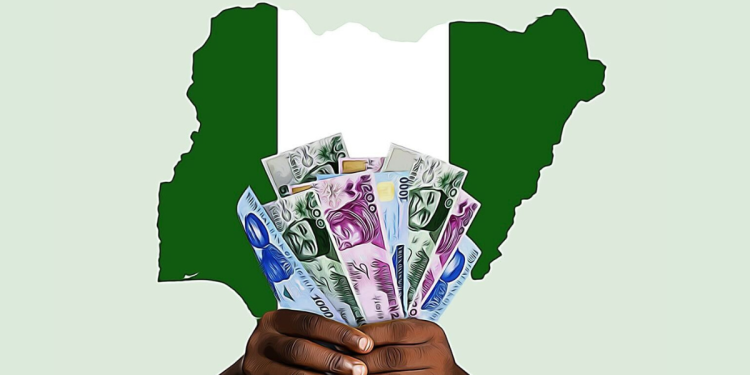
Naira, Naija, and Nigeria at 63
It is ironic now that the countries Nigerians now troop into for refuge from the Naira are those that still bow to the British Crown.
Tag

It is ironic now that the countries Nigerians now troop into for refuge from the Naira are those that still bow to the British Crown.
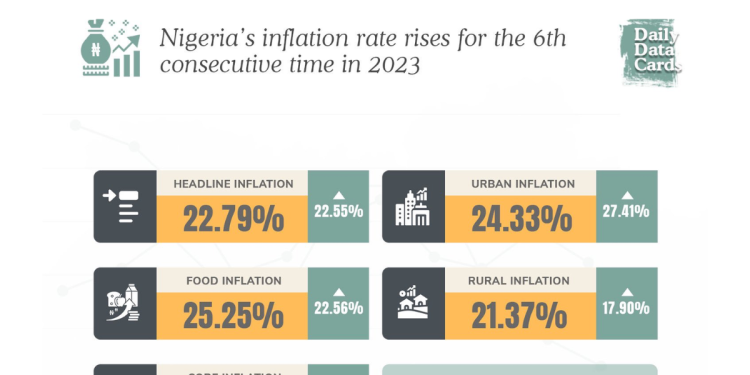
Moreover, the Nigerian government, in recent years, has been suffering from revenue issues which have resulted in budget deficit and ultimately increasing borrowing.
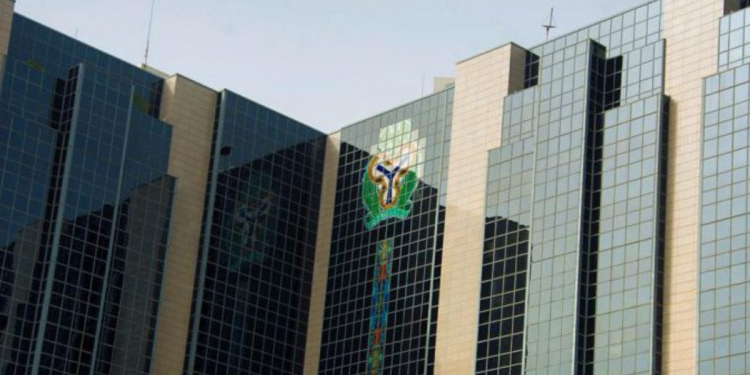
Now, back to the main issue, what exactly is Monetary Policy Rate (MPR), and what does it mean for businesses and the economy?
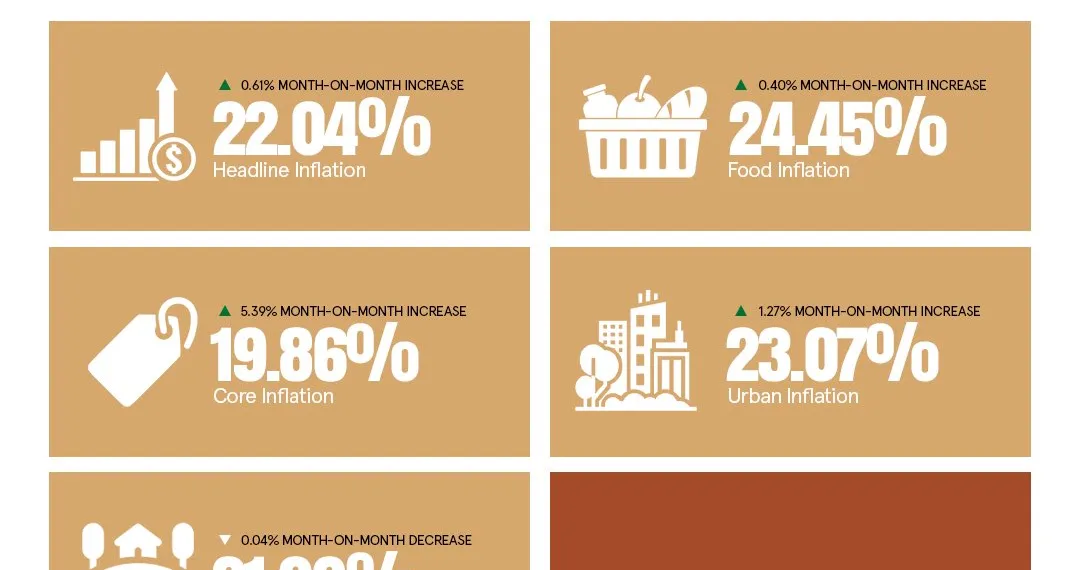
While the prices of goods and services continue to increase, fixed income earners feel the pinch. Workers’ salaries have stayed the same since 2019 when the minimum wage was increased from N19,000 to N30,000 monthly.
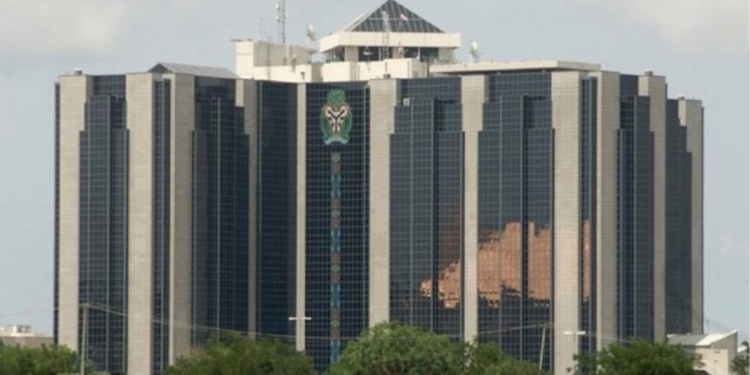
The current inflation rate in Nigeria is 21.07 per cent, up 0.9 percent from the rate that was registered in the previous month. Nigeria’s inflation has continued to trend upwards in nearly one year despite the CBN's interest rate hikes.
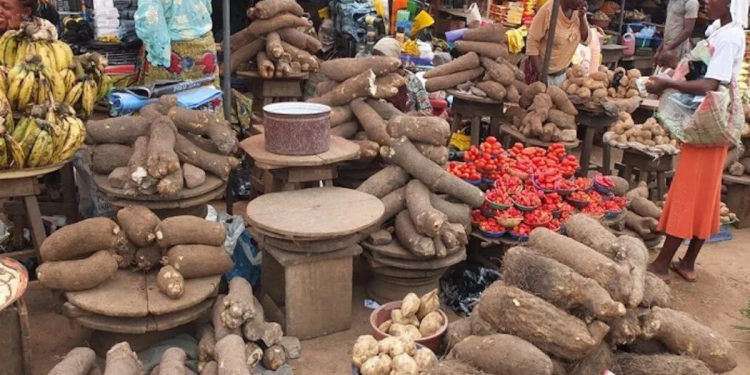
Nigeria’s headline inflation rate increased from 21.34 percent in December 2022 to 21.82 percent in January 2023, according to data released by the National Bureau of Statistics on Wednesday.
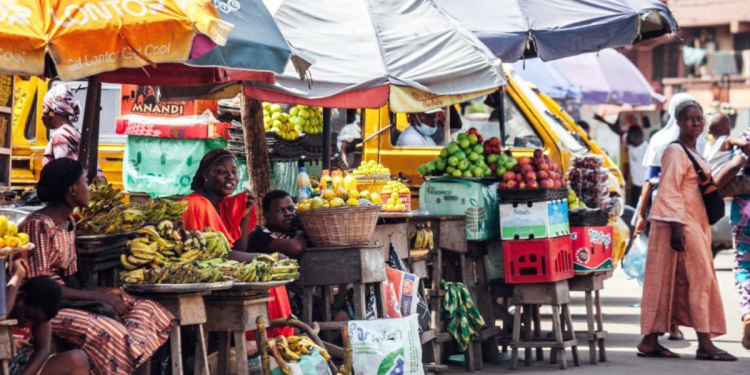
Inflation declined by 0.13 percent in December 2022, but this has an insignificant impact on prices of goods and services.
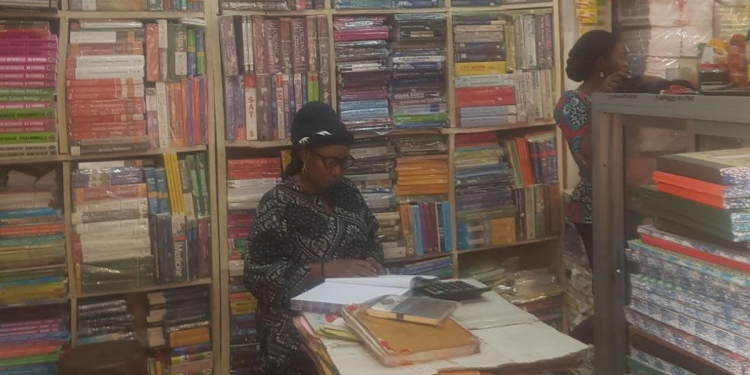
“Whether you make sales or not, you will pay money daily for electricity,” a trader told Dataphyte, revealing that he and his boss (the owner of the business), depending on the business thriving and a lower cost of running the business to live daily.
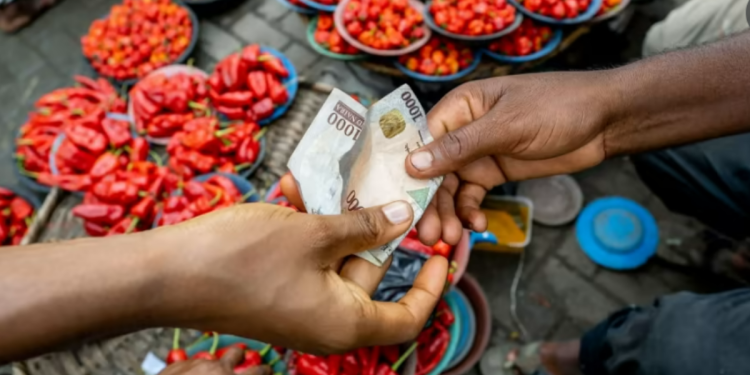
The National Bureau of Statistics reported that Nigeria’s inflation rate in December 2022 was 21.34%. The headline inflation rate dropped by 0.60%, marking Nigeria’s first decline in inflation in 11 months.
.webp)
The prices of food items in Nigeria has gone up again for the second consecutive month. This was revealed by the National Bureau of Statistics (NBS) in its release of the food price index for April 2022.
.webp)
Why? The price of everything has skyrocketed so much so that even alternative food options are now out of reach. Inflation stands at 15.92% as of March 2022 while food inflation has been on the rise since 2019 and stands at 17.20% today.

From health to gender, security, agriculture, extractives and other sectors, Dataphyte covered all the pertinent events that unfolded in the country in 2021 and “made it make sense” for Nigerians, bringing deeper insights into the issues.
.webp)
Africa’s most populous country, Nigeria, has been at the centre of several challenges, from economic to security, which has had an effect on its socio-economic well-being.
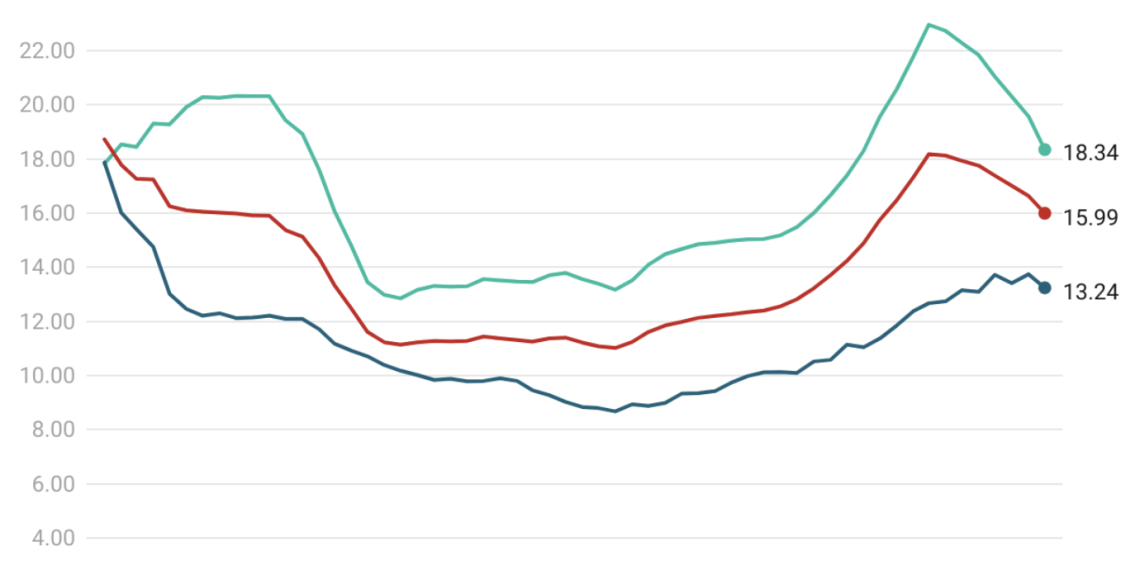
Nigeria’s inflation rate [Consumer Price Index (CPI)] continues its steady decline across all headings. Headline inflation declined for the eighth consecutive month from 16.63% in September to 15.99% in October.
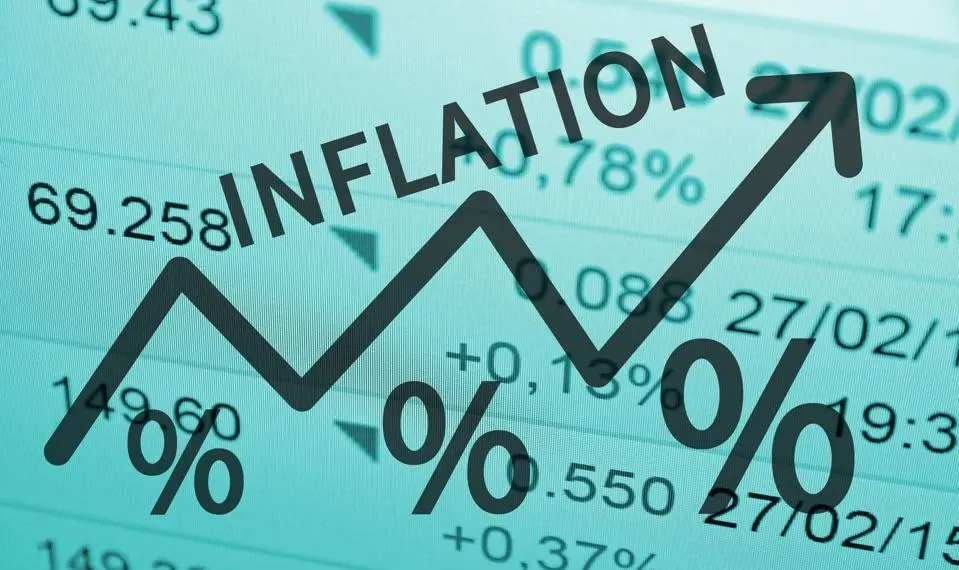
Nigeria’s inflation rate has enjoyed a steady, marginal decline from March 2021 to September 2021. The drop recorded in September 2021 represents the sixth consecutive decline.